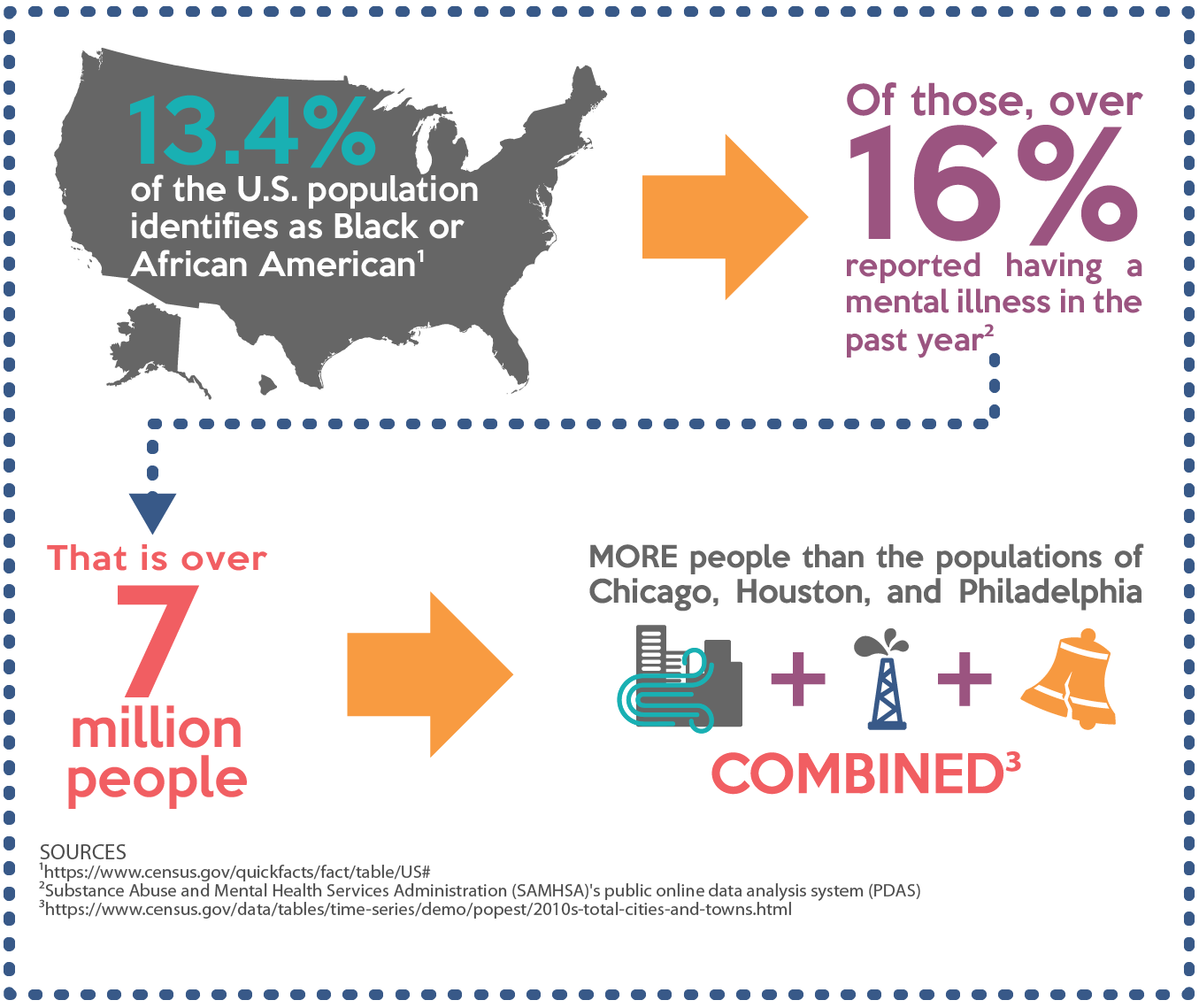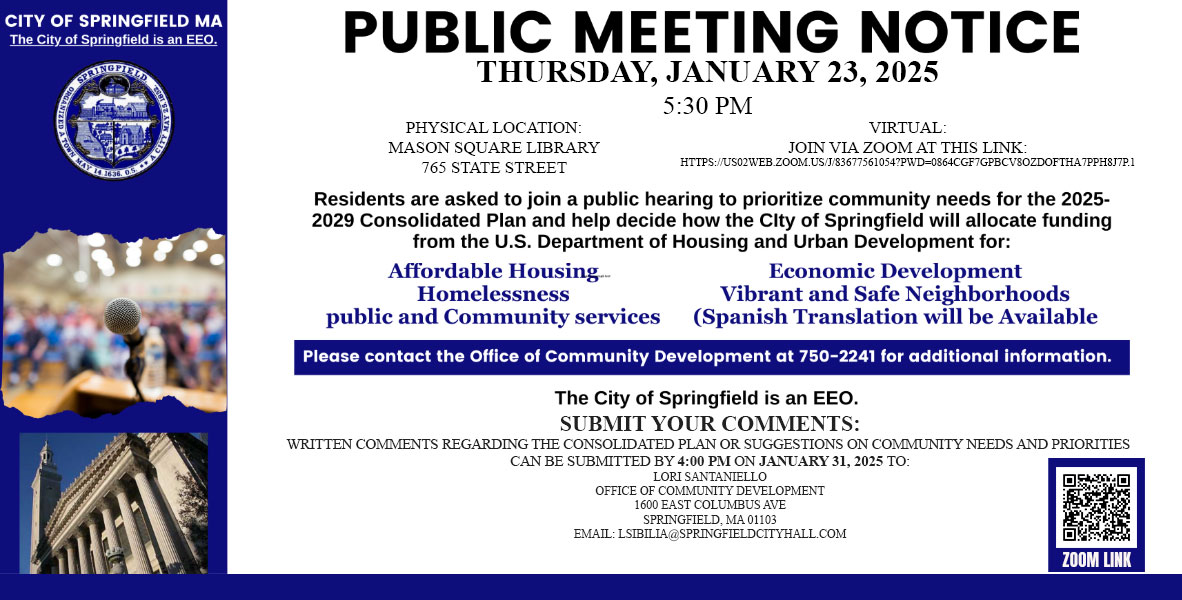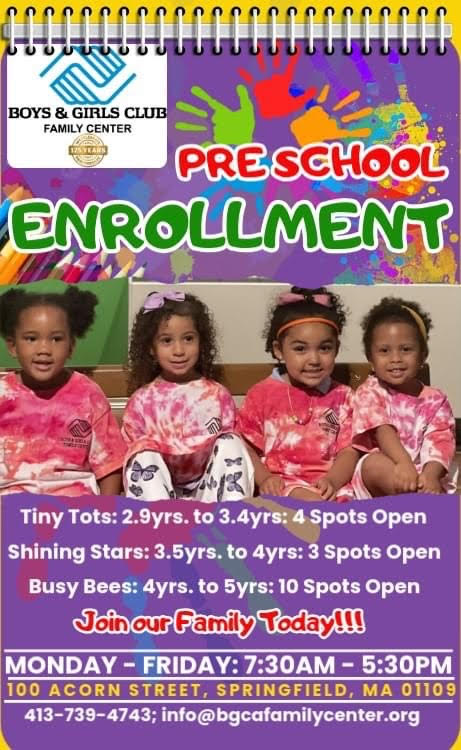Two devastating losses marked the beginning of this year. The death of an attorney, former Miss USA, activist, and entertainment news correspondent Cheslie Kryst and up-and-coming musician and songwriter Ian King Jr. He was also Academy award-winning actress Regina King’s son.
Both died by suicide, and both were Black.
The deaths of Kryst and King sent shock waves through the Black community and fans alike. Both were young — Chelsie Kryst was only 30 years old, and Ian King Jr. had just turned 26, just three days before taking his life. Both were also successful and appeared to have the world at their fingertips.

To add insult to injury, earlier this month 19, 19-year-old college cheerleader Arlana Miller committed suicide on May 5. Miller was a freshman at Southern University and A&M College in Louisiana who shared some of her feelings of severe depression on social media before taking her life.
But sadly, Kryst, King, and Miller are not alone, and their upsetting deaths have shed light on an ongoing issue that has caused concern for members of the mental health field and Blacks: increasing rates of suicide in the Black community.
A recent study conducted by the Centers for Disease Control and Prevention found that although the overall rate of suicide in the U.S. decreased by 3% in 2020, the rate of suicide among people of color and young people had increased.
Similarly, the Center for Behavioral Health Statistics and Quality revealed that although Black adults reported lower percentages of suicidal ideation in 2021, rates of suicide attempts among Black adults were higher than any other racial or ethnic group. Equally as alarming, The U.S. Department of Health and Human Services of Minority Health found that although Whites continue to have higher rates of suicide, in 2019, suicide was the leading cause of death among Blacks between 15 and 24 years of age.
Many in the mental health field are beginning to question what’s behind the alarming increase in suicide among Black Americans, and research has pointed to five contributing factors.
1. Exposure to racism and anti-Blackness
It’s no secret that Blacks overwhelmingly experience various forms of racism and discrimination more than other racial and ethnic groups. The horrific murder of George Floyd in 2020 sparked nationwide protests against racism and anti-Blackness. But the sad truth is that George Floyd’s murder was just the tip of the iceberg when it comes to the malignancy of racism in the U.S. Black people have endured ongoing experiences with racism and discrimination for centuries. Floyd’s murder served as a tipping point for increased anxiety and depression related to racism for many Blacks. Research has found that frequent exposure to racism and discrimination can make a person more likely to experience depression, anxiety, and other symptoms associated with PTSD.
2. Continued Exposure to Violent Crime, Violence, and Accumulated Trauma
Although not all Black people live in impoverished or physically dangerous environments, due to various social issues such as structural racism, research suggests that Blacks experience disproportionately high numbers of poverty, homelessness, and exposure to violence and violent crimes. Like racism, continued exposure to violence can play a role in the increased number of suicides that we are observing among Blacks. Being surrounded by violence and living in communities with increased numbers of violent crimes is a significant aspect of trauma that can cause other adverse mental health concerns that can make a person more likely to experience thoughts of suicide.
3. Social Media Usage
The pervasive nature of social media is undeniable, and almost everyone either has or knows someone who has multiple social media accounts. Social media has pushed “keeping up with the Jones” to another level. Our society has become incredibly voyeuristic, and research suggests that the pressures of living life on social media can lead to increased risks of suicide among Blacks.
4. Existing Stigma and Myths About Mental Health In The Black Community
Existing stigma about mental health challenges and seeking help from mental health professionals is also contributing to increasing suicide rates in the Black community. Helping-seeking behavior is sometimes viewed as a weakness or admission of being “crazy” in Black communities. Society has created and maintained unrealistic messages and images of resilience and superhuman psychological and emotional fortitude that many Blacks internalize and feel that they have to live up to — for example, the myth of the strong Black woman.
Mental health stigma can also lead to Blacks repressing their symptoms and miseducation about mental illness and suicide — suggesting that Black people do not experience either.
5. Untreated Mental Health Illness
Research suggests that untreated mental illness is one cause of increased suicide rates among Blacks. Multiple reasons cause psychological and emotional challenges in the Black community to go untreated. As previously mentioned, the existing stigma about mental health challenges and speaking with a mental health provider is one cause for members of the Black community to ignore symptoms and for them to ultimately go untreated. Lack of access to quality medical insurance and education about how to locate a local mental health provider
Experts in the mental health field are pushing for additional research on this topic that more comprehensively examines the intersecting causes of the increase in suicide among Blacks. The harmful effects of social media use, exposure to racism, mental health stigma, and exposure to violence and accumulative trauma play a potential role in increased suicide rates among Black Americans.
Still, we must continue to dig deeper to learn more. We must also begin to reframe how we look and talk about mental health issues in the Black community to help combat potential bias among mental health providers and address mental health stigma in the Black community.






